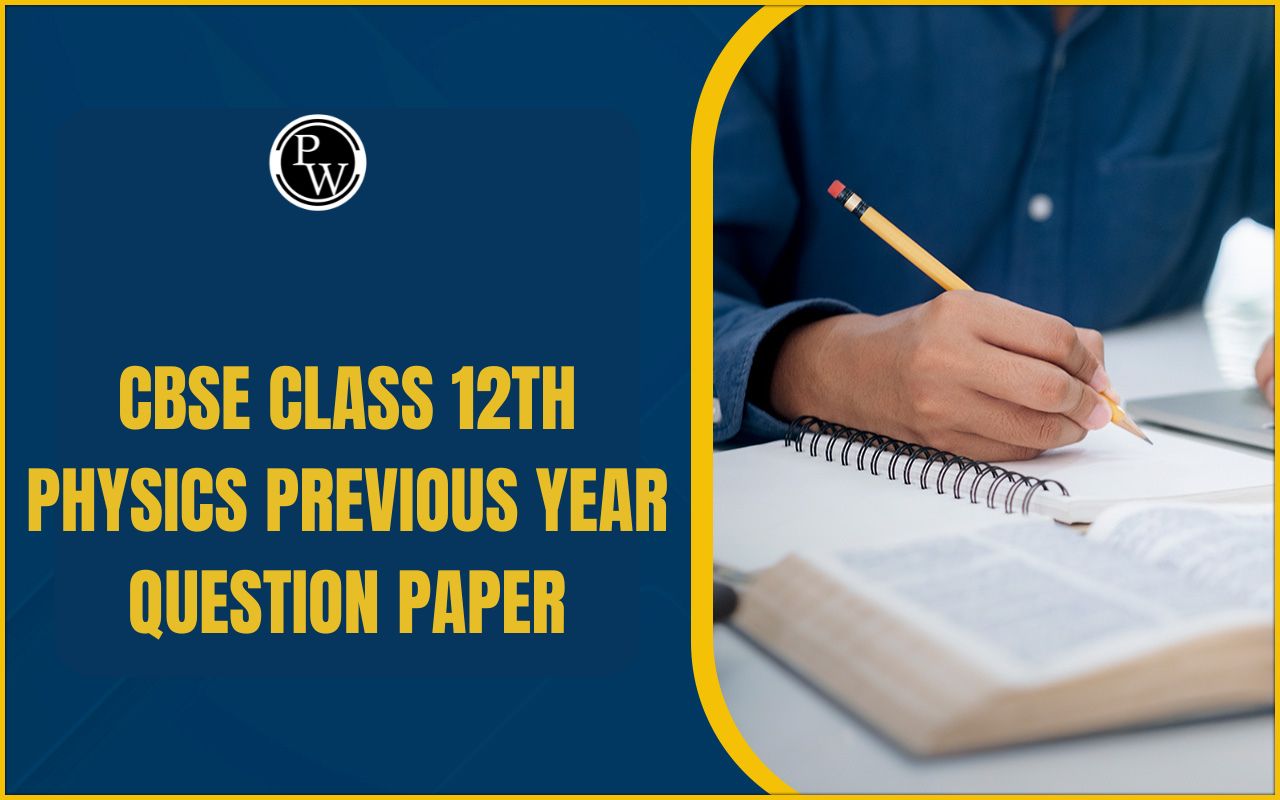

Common Mistakes To Avoid In Class 12th Preparation: Class 12 is an important stage in a student's academic journey, as the results significantly impact higher education and career prospects. With the pressure of board exams and competitive entrance tests, students often make mistakes that hinder their performance. To ensure a smooth and effective preparation process, here are some of the most common mistakes to avoid during Class 12th preparation.
Common Mistakes To Avoid In Class 12th Preparation
Class 12 is a crucial academic year that determines a student’s future prospects, including college admissions and career choices. With high competition and vast syllabus, students often make mistakes that affect their performance. Avoiding these common mistakes can help in achieving better results with reduced stress. Here are the top mistakes to watch out for during your Class 12 board exam preparation.
1. Lack of a Structured Study Plan
One of the biggest mistakes students make is not having a well-defined study plan. Without proper time allocation for each subject, preparation becomes disorganized, leading to missed topics and last-minute cramming.
Solution:
-
Create a study timetable covering all subjects.
-
Divide topics into smaller sections for better understanding.
-
Allocate time for revision and practice.
2. Procrastination and Delayed Preparation
Many students delay their preparation, assuming they have enough time. This results in an incomplete class 12 syllabus and unnecessary stress close to the exams.
Solution:
-
Start studying early to avoid last-minute pressure.
-
Set realistic goals and deadlines for completing topics.
-
Stay consistent in your preparation.
3. Ignoring the NCERT Books
NCERT books are the foundation of Class 12 board exams, especially for subjects like Mathematics, Science, and Social Sciences. Some students prefer reference books over NCERT, which can lead to missing out on core concepts.
Solution:
-
Prioritize NCERT textbooks for conceptual clarity.
-
Solve NCERT examples and exercises thoroughly.
-
Use reference books only for additional practice.
4. Over-Reliance on Rote Learning
Memorizing without understanding can be a major drawback, especially in subjects like Economics, Geography, and Political Science where conceptual knowledge is required.
Solution:
-
Focus on understanding the logic behind concepts.
-
Use mind maps and diagrams for better retention.
-
Practice application-based questions.
5. Poor Time Management
Spending too much time on one subject while neglecting others can create an imbalance in preparation.
Solution:
-
Set time limits for studying each subject.
-
Prioritize important topics based on exam weightage.
-
Take regular breaks to maintain focus.
6. Skipping Revision and Mock Tests
Revision is essential for reinforcing what you have learned. Some students underestimate the importance of mock tests, leading to poor time management in exams.
Solution:
-
Revise important topics regularly.
-
Attempt previous years' question papers and sample papers.
-
Analyze mistakes in mock tests and work on them.
7. Ignoring Health and Well-Being
Many students neglect their physical and mental health due to excessive study pressure, leading to fatigue and stress.
Solution:
-
Get adequate sleep (6–8 hours daily).
-
Eat nutritious food and stay hydrated.
-
Engage in physical activities like yoga or exercise.
8. Not Clarifying Doubts
Some students hesitate to ask doubts, leading to confusion in crucial topics.
Solution:
-
Regularly consult teachers, mentors, or online resources.
-
Join study groups for discussions.
-
Clear doubts immediately instead of piling them up.
9. Overuse of Social Media and Distractions
Social media, gaming, and other distractions reduce focus and productivity.
Solution:
-
Set specific time slots for using social media.
-
Use productivity apps to stay focused.
-
Study in a distraction-free environment.
10. Underestimating Language Subjects
Students often focus more on Science or Commerce subjects while neglecting language papers. This can affect the overall percentage.
Solution:
-
Give equal importance to all subjects.
-
Practice writing skills and grammar.
-
Solve sample papers for language subjects.
11. Lack of Confidence and Exam Anxiety
Many students feel nervous before exams, leading to poor performance despite good preparation.
Solution:
-
Stay positive and believe in your preparation.
-
Practice relaxation techniques like meditation.
-
Take deep breaths and stay calm before exams.
Common Mistakes To Avoid In Class 12th Preparation FAQs
Q.1 : When should I start preparing for my Class 12 board exams?
Q.2 : How can I avoid procrastination while studying?
Q.3 : Is relying only on NCERT books enough for board exams?
Q.4 : Should I study late at night or early in the morning?













